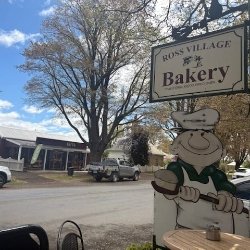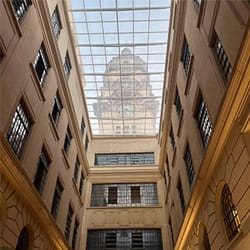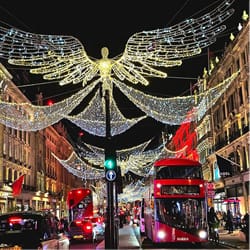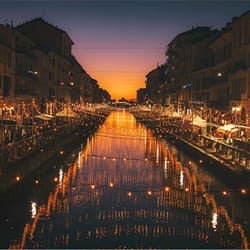Agriculture in Liguria mainly include, but it is not limited to, the production of wine and oil and the gathering of mushroom and chestnuts.
I have previously ‘talked’ about Ligurian wines and I wish to introduce you Ligurian liquid gold: our precious, locally made, organic olive oil.
The bacchiatura (olive picking), is usually done at the end of the grapes harvest when the cellars are full of barrels and the same local producers who produce wine may focus on olive oil production.
The production of wine and oil go indeed together in our region and, often, vineyards also sell oil.
Last year, in Liguria alone, about 20 tons of olives were collected and 3 tons of oil was produced. The Ligurian extra virgin olive oil is sold worldwide but, at times, given the proximity of the Ligurian olive fields to the Tuscan region, the olives are transported and processed in Tuscany getting the label of Tuscan oil.
The production of oil in Liguria can boast two thousand years of history.
This fact is just the starting point to understand how important olive growing is in Liguria.
The oil was first produced in the Greek colonies in Italy then sold all over by the Etruscans, becoming a staple product of the Mediterranean culture.
The production of oil became even more important during Roman times and, even the collapse of the Roman Empire, did not interrupt this cultivation practice, which also survived barbaric invasions.
Fortunately, during the early Middle Ages, the Benedictines monks of the region (in the Christian religion the olive tree has infinite symbolic values) were excellent botanists, apothecaries and we owe them a great part of the survival of this economic and agricultural heritage during a time when the progressive destruction of Rome had given trouble to every field of human activity.
In Liguria, from the late Middle Ages, despite the high hill slopes and the abandonment of the countryside, the production of grapes and olives started to thrive.
Medieval documents, around the year 1000, speak of a renaissance of olive growing.
At that time a sort of species selection began and oil got sacral value and it started being used in religious ceremonies. The phenomenon of terracing (cultivating vineyards and olive trees on terraces) gave new life to the oil production and the impervious territory of Liguria became the perfect place to produce olives, also thanks to its mild Mediterranean weather.

Olives are produced in fields or on terraces
The oil production grew exponentially during the Renaissance and, in the past, oil use wasn’t limited to consumption but it was also used for light, for storing food, as a lubricant, for cosmetics and for medicinal purposes and even for working wool. The Ligurian oil started to be exported to nearby Tuscany and Northern Europe and processing residues were used for the production of soap, for heating and for obtaining lower quality oil, called lampante and used mainly for commercial frying.
Recent history teaches us how extra virgin olive oil is necessary for our traditional Mediterranean gastronomic culture thanks to its healthy and beneficial properties, especially when consumed raw.
Historically the olives were pressed using a wooden wheel and then stored in open air cellars, usually stowed in parallel rows of barrels. The oil was then transferred to the amphorae, which were loaded onto wagons.
Today, aside from local small producers, the picking and processing of the olives are done mechanically but the oil produced maintains the same properties and the same great taste of always.

Olive oil tastings events are held in Liguria






























































